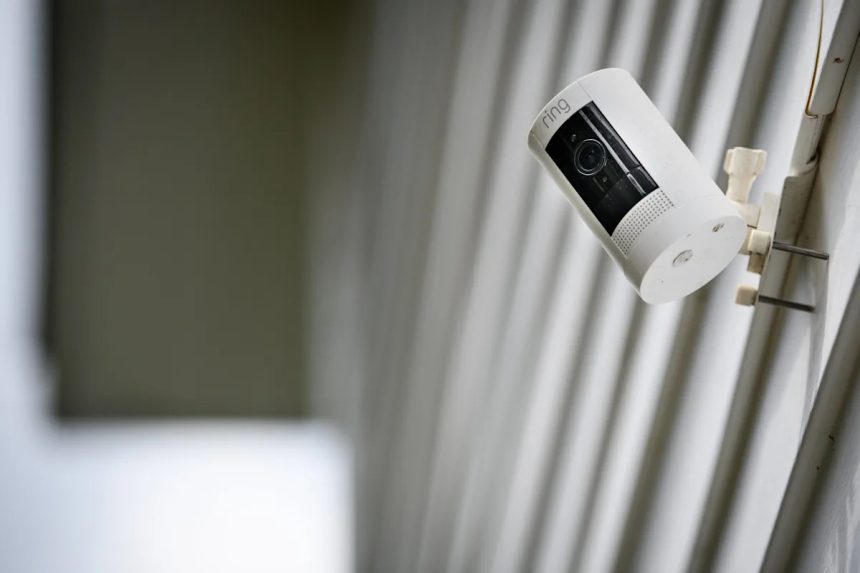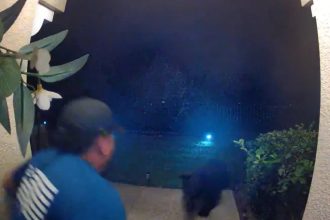From cellphones to doorbell and security cameras, we live in a world where technology is almost always within reach, allowing people to record, videotape or take photos at any given time.
Once you leave the comfort of your private property or home and enter a public space, it is safe to assume that you could be recorded in some capacity.
If you were to be recorded, would it be legal?
The legality of filming or recording another person depends on the specific circumstances, according to legal information site Legal Clarity, which says, “There is no single answer, as rules are governed by a combination of federal and state laws that consider the location, the nature of the recording, and the expectations of the person being filmed.”
Here is a look at what New Jersey state law says about recording others.
New Jersey is a one-party consent state
New Jersey is one of 37 states, along with Washington, D.C., that are one-party consent states. This means that you can legally record a conversation without informing or getting consent from the other person.
However, according to New York-based firm Romano Law, you must be a participant of the conversation. Recording a conversation in which you are not a part of is a crime.
This applies to in-person conversations, phone calls, and electronic communications such as text messages, Zoom calls or voice memos, according to Marlton-based law firm Rigden, Lieberman and Mignogna,
Other states, such as Pennsylvania, Florida and California require all-party consent, according to legal guide Justia.
Video and filming laws in NJ
It is generally legal to film in public spaces without obtaining the permission of everyone who incidentally passes by. According to Legal Clarity, the core standard for filming laws is the “reasonable expectation of privacy.”
At some locations that seem public, but are private property, like shopping malls or coffee shops, the owner can prohibit filming, according to Legal Clarity.
In New Jersey, state law prohibits cameras in locations where privacy is expected such as locker rooms, restrooms and other places where a person is likely to be viewed in partial or full nudity. Other such spots could include a bedroom at home or a locker room in a public building.
Overall, 13 states have laws that prohibit placing video recording devices in private places, according to legal information site HG.org.
This article originally appeared on NorthJersey.com: The legality of recording, filming others in New Jersey









